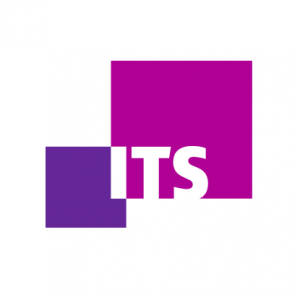“Space University” and the need for hybrid education models
Fabro Steibel’s column in the Zero Hora newspaper
published in
19 de November de 2020
categories
theme
Current Higher Education models are limited and the pandemic has made this very clear
The International Space Station (ISS) is evaluating the possibility of launching an Orbital University. The project is still in its infancy, but already shows how limited the university models are here on Earth. Universities (here in Brazil and worldwide) need to learn the lessons that took us out of orbit. One of them is to use the internet to make progress on the Millenium Development Goals.
If there’s something Covid-19 can teach us, it’s that hybrid models need to be adopted by everyone, urgently. A hybrid model means rethinking the world with digital and physical as sides of the same coin. Hybrid thinking means to stop saying “online education” or “distance education”, and instead just say “education”. It’s to stop thinking of classrooms and instead think of “learning spaces” — online or not.
Universities are very closed-minded to digital solutions, especially towards hybrid thinking. Proof of this is how universities (even those with years of experience in distance learning), fought hard to not lose the academic year during the first semester. In the rush to pick platforms for online teaching and to find out which students had decent internet at home, we did it “the Brazilian way”. But nobody was ready to use the internet for teaching — nobody.
If we have coworking spaces for offices, why not “co-laboratories” for Medicine? If we have health and electronic marketplaces, why not the same for scientists? If we have homeschooling for minors, why do so little teachers use tools such as Miro or Trello to “prototype” solutions with the students in class? Even the Brazilian school holidays, which happen twice a year, could be hybrid — because classes stop but research doesn’t. Instead, we miss the opportunity of occupying the campus with more people, specifically when there’s more space available to promote inclusiveness.
The ISS orbits over our heads with 6 cosmonauts every time. What can it teach us about universities? First, that theory should be put into practice. Exact Sciences or Philosophy, the space center uses everything. Second, that countries can collaborate. If during the Cold War each country worked on its own, the ISS governance is shared (including the Private Sector). Lastly, the ISS was thought-out taking into account interoperability. Watch the movie Apollo 13 with Tom Hanks to understand this concept. You’ll learn how a single screw (without interoperability) ruined our last chance to land on the moon.
The Orbital University is only just beginning, and it has two challenges: one regarding the creation of a business model, the other regarding the Sustainable Development Objectives. The solution will have to work as a satellite, a platform of connections, actors, and practices. The Orbital University won’t be a campus in Space (technology doesn’t allow that). But it already teaches us that our education system must go around the planet many times to inspire us, and be different. To infinity and beyond, where no other university has been.
{{ pessoas.pessoaActive.title }}
related content
projects
From a Social Network to a Support Network: Cyber resilience for journalists
Project with online courses, a best-practices manual for newsrooms, and a support network for... Learn More

